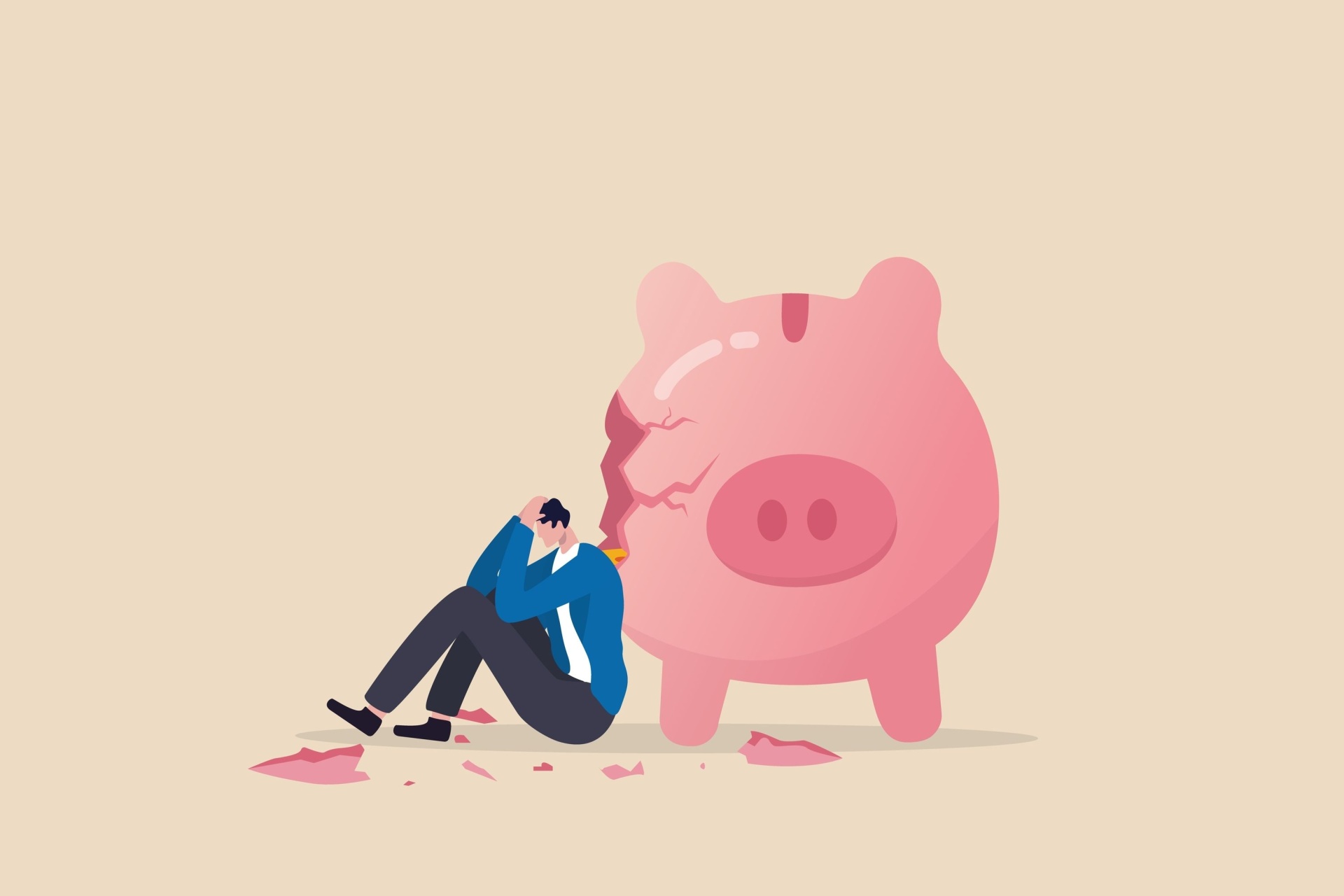Okay, let's be real. When you're young, especially living somewhere like San Francisco with its sky-high rent and endless list of cool (but expensive) things to do, "investing" probably sounds like something stuffy old people in suits worry about. You're maybe juggling student loans, trying to save for a deposit, or just making sure you have enough for concert tickets next weekend. Investing? Sounds complicated, risky, and like something you need way more money for.
But here's a secret that isn't really a secret: Starting to invest when you're young, even with tiny amounts, is one of the most powerful things you can do for your future financial self. Seriously. It’s like discovering a cheat code for building wealth later on.
(Heads up: It's Saturday, April 26, 2025 – a great day to think about planting some financial seeds!)
Investing Seems Scary/Boring/Impossible? Why Starting Young is Your Financial Superpower
First Off: What Even IS Investing? (Super Simple Version)
Saving is putting money aside safely, usually in a bank account. Investing is putting your money to work with the potential to grow into much more money over time. Instead of just sitting there, your money buys assets (like tiny pieces of companies called stocks, loans to companies or governments called bonds, or bundles of these called funds) that you hope will increase in value.
The Real Magic Trick: Compound Growth (aka Why Time is Everything)
This is the absolute CORE reason why starting young is SO important. It boils down to compound growth (sometimes called compound interest).
Imagine you invest some money, and it earns a return. The next year, you earn a return not just on your original investment, but also on the returns you already earned. Your money starts making money. Then that money starts making money.
Think of it like a snowball rolling down a hill. It starts small, but as it rolls (over time), it picks up more snow (returns) and gets bigger and bigger, faster and faster. TIME is the most crucial ingredient. The longer your snowball rolls, the massive it can potentially become.
Let's See it in Action (Totally Hypothetical Example):
- Person A (Starts Young): Invests $100 a month starting at age 20.
- Person B (Starts Later): Realizes they should invest and starts putting in $200 a month (double!) starting at age 30.
Assuming the same average annual return (let's say 7% for this example), by the time they both reach age 60:
- Person A (started early with less) could have SIGNIFICANTLY more money than Person B, even though Person B invested double the amount each month for 30 years!
Why? Because Person A's money had an extra 10 years for that compounding snowball effect to work its magic. Those early dollars are the most powerful ones you'll ever invest.
Other Big Reasons to Start Now:
- Beat Inflation: Prices generally go up over time (that's inflation). Money sitting in a regular savings account often loses purchasing power because the interest earned is less than the rate of inflation. Investing offers the potential to grow your money faster than inflation, preserving and increasing its value.
- Reach HUGE Goals: Retirement might seem like a lifetime away, but funding it takes decades. Want to own property someday? Travel the world? Have financial freedom? Investing is a key tool to make those massive, long-term goals achievable.
Addressing the "But..."s (Let's Bust Some Myths):
- "But... I Don't Have Enough Money!" You don't need thousands! Thanks to things like fractional shares (buying a slice of a stock instead of a whole share) and investment apps, you can literally start with $5 or $10. The key when you're young is building the habit of investing regularly. Consistency beats amount early on. Put aside whatever you can afford, even if it's tiny.
- "But... It's Too Risky!" Yes, investing involves risk. Values can go down as well as up. But there are ways to manage risk:
- Diversification: Don't put all your eggs in one basket. Investing in funds (like index funds or ETFs) that hold hundreds or thousands of different investments spreads out your risk.
- Time Horizon: When you're young, you have decades before you likely need the money. This gives your investments time to recover from market downturns (which happen!). Trying to time the market is usually a losing game; staying invested through the ups and downs is historically the better strategy.
- Risk of NOT Investing: Letting inflation eat away at your savings is also a risk!
- "But... It's Too Complicated!" It can seem that way with all the jargon. But you don't need to be a Wall Street guru. Start simple:
- Robo-advisors: These are apps/websites that ask about your goals and risk tolerance, then build and manage a diversified portfolio for you automatically. Super user-friendly.
- Target-Date Funds: Often found in retirement accounts, these funds automatically adjust your investment mix (becoming less risky) as you get closer to your target retirement year. A "set it and forget it" option.
- Simple Index Funds/ETFs: Buy one or two broad market index funds (like one tracking the S&P 500) and call it a day.
Simple Ways You Can Start Investing NOW:
- Your Employer's Retirement Plan (401(k), 403(b), etc.): If your job offers one, ESPECIALLY if they offer a company match, jump on it! A match is basically FREE MONEY. If they match, say, 50% of your contributions up to 6% of your salary, contributing that 6% gets you an instant 50% return via the match. DO NOT leave free money on the table. Often these plans offer easy options like target-date funds.
- Open an IRA (Individual Retirement Account): A Roth IRA or Traditional IRA lets you save for retirement outside of work. You can open one at most online brokerages. A Roth IRA is often great for young people – you invest money you've already paid taxes on, and qualified withdrawals in retirement are TAX-FREE.
- Use a Robo-Advisor: Companies like Betterment, Wealthfront, or Schwab Intelligent Portfolios make it easy to get started with low minimums and automated management.
- Open a Brokerage Account: Use a platform like Fidelity, Charles Schwab, Vanguard, or app-based brokers to buy individual stocks, ETFs (Exchange Traded Funds – like index funds you can trade easily), or mutual funds. Many offer fractional shares. Start with broad-market, low-cost index funds/ETFs for easy diversification.
Disclaimer: This is for informational purposes only and not financial advice. Investing involves risk, including the potential loss of principal. Do your own research and consider consulting with a qualified financial advisor before making investment decisions.
My Two Cents
Seriously, the single biggest advantage you have as a young adult investor isn't a secret stock tip or a pile of cash – it's time. Compound growth is the closest thing to magic in finance, and the earlier you let it start working, the more powerful it becomes.
Don't be intimidated. Don't feel like you need to be an expert. Don't think you need a lot of money. Just start. Open that IRA, sign up for the 401(k) match, put $20 into an index fund through an app. Make it automatic if you can. Build the habit. Your future self, kicking back enjoying the results of decades of compounding, will thank you profusely. Start small, start now.
.svg)












